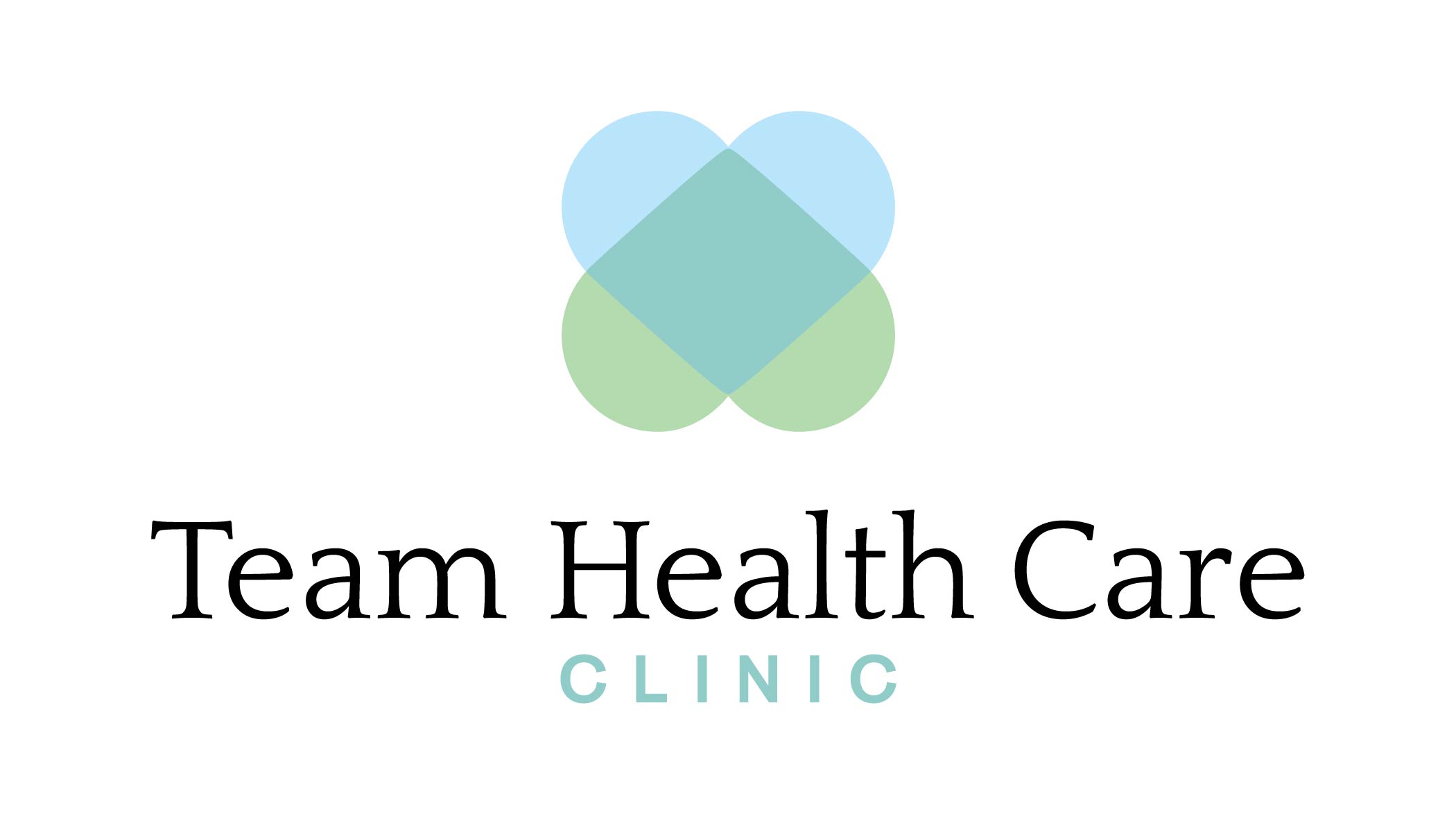At Team Health Care Clinic PC we use neurofeedback, a well-studied and effective training device for
many conditions, principally anxiety and ADD/ADHD. We have also seen it benefit our patients with
depression, insomnia, post-traumatic stress, autism spectrum disorders, concussions and others.
What is Neurofeedback?
Neurofeedback is a training device for the electrical activity of the brain. The symptoms of anxiety,
insomnia, ADD/ADHD, depression, and other brain-based disorders all have unique electrical patterns
that we are able to detect using a qEEG.
The qEEG uses sensors built into a cap that is placed on the head. The sensors detect the electrical
activity of the brain at 19 different locations in the body. The patient’s electrical activity is compared
to normal. A software program detects the difference between normal patterns and the patient’s
electrical activity, then predicts the type of symptoms the patient has.
How Does Neurofeedback Training Work?
Neurofeedback trains the brain to bring electrical activity into normal patterns. This is
accomplished by measuring the brain’s electrical activity and giving the patient feedback on a
monitor. Every time the brain’s electrical activity moves toward normal, the monitor allows the
patient to watch a movie. Every time the electrical activity stays outside the normal range, the
monitor slowly darkens. The training occurs without effort by the patient as they simply look at the
monitor seeking to watch the movie. Because the patient simply watches the movie and does not
actively do anything, it is perfect for children.
Can Neurofeedback Help Me?
If the symptoms of the qEEG match the symptom pattern of that particular condition, you are a
candidate for neurofeedback training. If the pattern does not reflect your symptoms, we would
encourage you to try other treatments.
How Successful Is Neurofeedback?
Neurofeedback has been well studied over the past fifty years and has been proven to help patients with ADD/ADHD, anxiety, insomnia, depression, post-traumatic stress and many other conditions. It is considered a top level treatment for ADD/ADHD by the American Pediatric Association. It is often in the news as seen on this CNN report.
If you believe that you, or someone you know, may benefit from neurofeedback, schedule a
consultation with a qualified practitioner to find out if you are a candidate. It can be life-changing as
an effective and safe therapy.
